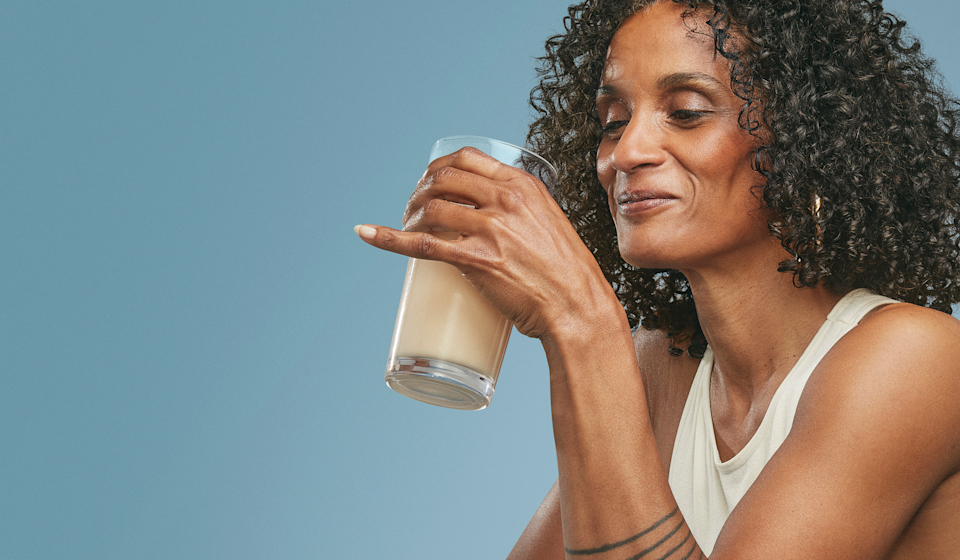Essential Takeaways
- While many people can meet their protein needs through food sources, pregnancy (and lactation, for that matter) ups the challenge, increasing nutrient demands on the body.
- A protein supplement can be a helpful way to bridge the nutritional needs of soon-to-be parents. Here’s some things to keep in mind.*
Eating for two? When it comes to supporting nutrition during pregnancy, many new parents recognize the impact of a healthy diet, but find themselves scratching their heads about the specifics—like how much their diet should change (if at all), or whether or not cheese can stay on the menu. Another common question concerns protein intake, and whether or not protein powder can be consumed during this time—or if it’s better to hold off until baby is born. Sound familiar? You’ve come to the right place.
Before we dive into protein powder, let’s back up and cover the basics—that is, why protein intake is important in the first place, and how protein requirements evolve during pregnancy. In short, our bodies need a careful balance of micronutrients (vitamins and minerals) and macronutrients (protein, carbs, and fat) in order to function. (Curious about the difference between the two?) Protein is a macronutrient, which means we need to consume more of it than we would a micronutrient in order to meet our daily needs. In addition to supporting bone health and muscle protein synthesis, it’s actually present in every cell of the body, and is a vital player in many bodily functions—further underscoring the importance of getting enough protein in our diets.* (1)













